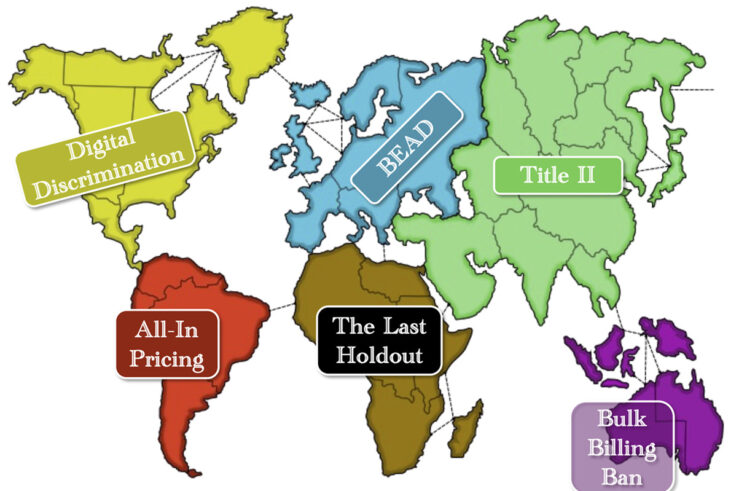In his nationally syndicated column this week, Washington Post columnist George Will highlights what he termed my “plausible judgment” (I’m taking that as high praise!) that the Supreme Court’s Affordable Care Act decision “may have made the ACA unworkable, thereby putting it on a path to ultimate extinction.”
Will focuses on the first of my three major points about the ACA, as interpreted by the Supreme Court. In finding the penalty for failure to carry health insurance to be a tax, the Court emphasized its “smallness” relative to the cost of purchasing qualifying insurance. (That was one of three factors the Court cited in explaining why this particular “penalty” is really a tax for constitutional purposes.) Presumably, if Congress were to raise the penalty to approach the out-of-pocket cost of buying insurance, it would cross the line from a tax to, in the Supreme Court’s words, “prohibitory financial punishment” that is not a tax. This means that the ACA’s low penalties are constitutionally locked in, at least to a significant degree. That’s a problem, because the penalties are currently so low that it makes sense for young, healthy people to forego insurance and pay the low penalties instead. This is because the ACA removes the natural incentive for young, healthy people to carry insurance: the risk that they will not be able to get it at affordable rates if they become sick in the future. That risk is eliminated by the ACA’s “guaranteed issue” and “community rating” provisions. The former requires insurance companies to sell insurance to anyone who seeks it; the latter forbids them to charge a higher premium to one who is sick or susceptible to sickness. If you know you can get insurance at a an affordable rate the minute you need health care (which, if you’re young and healthy, you’re not likely to need anytime soon), then why buy it now? The ACA’s penalties are theoretically designed to motivate young, healthy people to go ahead and buy insurance (thereby subsidizing premiums for the less-healthy), but they’re way too low to be effective. And the Supreme Court’s tax reasoning suggests that they will cease to count as a “tax” if they’re raised to the point at which they would be effective. Of course, once young, healthy people leave the pool of insureds, premiums will rise on everyone else, causing even more healthy people to drop out. Economists call this adverse selection, and it’s wildly pernicious.
Will lays all this out in his typical elegant fashion. He concludes that “as the president begins his second term, the signature achievement of his first term looks remarkably rickety.” Indeed.
For two other reasons the ACA, as construed by the Supreme Court, is destined to fail, see my recent Regulation article, How the Supreme Court Doomed the ACA to Failure.




